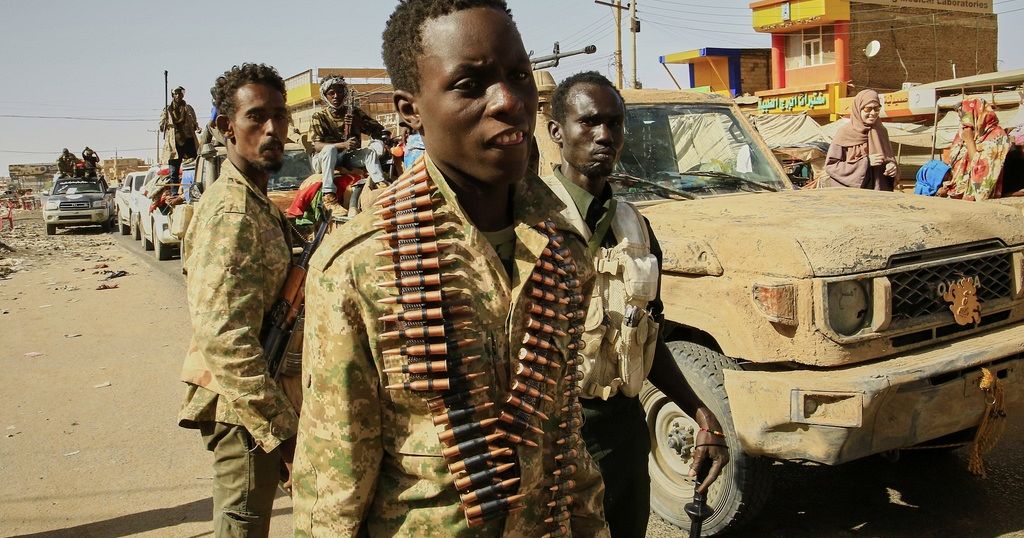Africa
Two years into war, Sudan faces a humanitarian crisis of massive proportions

As Sudan marks two years since the outbreak of civil war, humanitarian agencies are warning of the immense and growing needs faced by the country’s population, particularly in its devastated capital, Khartoum.
UNICEF’s Representative to Sudan, Sheldon Yett, described a deeply alarming situation as limited humanitarian aid begins to trickle into newly accessible areas. “It is getting through but not enough, and the needs remain massive,” Yett said in a recent video call with The Associated Press. “As Khartoum opens up, I shudder to think about what we’re going to see and how great the needs are.”
Khartoum, once a bustling metropolis, now lies in ruins—one of the epicenters of the conflict that erupted on April 15, 2023. The war, sparked by a violent power struggle between the Sudanese military and the paramilitary Rapid Support Forces (RSF), has left at least 20,000 people dead, though real figures are believed to be significantly higher.
Despite the Sudanese military’s recent recapture of Khartoum—an important symbolic victory—the return to normalcy remains elusive. The RSF retains control over vast swaths of territory, particularly in Darfur, where the U.N. reported more than 300 civilian deaths just last weekend in a fresh wave of violence.
“People don’t know what’s going to happen next,” Yett noted. “They’re hearing that things are going back to normal, but they’re scared. They know about the destruction. Some have heard about unexploded bombs still in the city, which puts them at serious risk.”
Services in Khartoum are only beginning to resume, and from what Yett calls “a very low base.” Much of the city’s public health infrastructure has been destroyed, leaving families concerned not just about security, but also about their livelihoods and the wellbeing of their children.
“Unless children are able to access public health institutions, medical institutions, I’m afraid it’s only going to get worse,” Yett warned.
The broader picture remains dire. According to the World Food Programme, nearly 25 million people—half of Sudan’s population—are now facing extreme hunger. More than three million have been forced to flee the country, seeking refuge in neighboring nations like Chad and Egypt.
With both warring parties accused of committing war crimes, and civilian casualties continuing to mount, the call for increased humanitarian assistance and a durable political solution is more urgent than ever.
